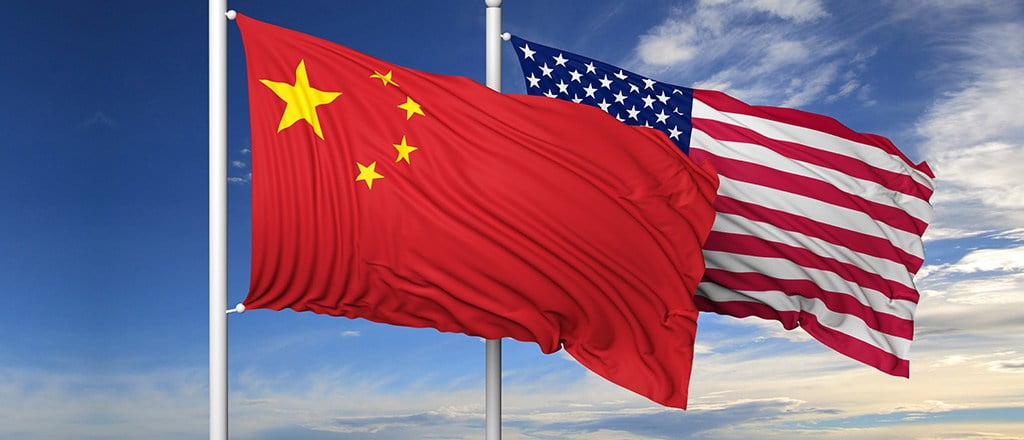Alibaba co-founder Jack Ma has recently commented that nations from Japan to China need to develop their own semiconductor technology to get around America’s grip on the global chip market, as reported by media.
![]()
Alibaba Group Holding Ltd acquired local design-house Hangzhou C-Sky Microsystems. The e-commerce titan has expressed his interest in chips and said he’s motivated in part by a desire to make chips “inclusive”: cheap, efficient and available to all.
He also said that his company has invested in five semiconductor firms in the past four years.
“America was the early mover and in China, we need a lot of things. 100% of the market for chips is controlled by Americans,”
he told students and entrepreneurs at Tokyo’s Waseda University.
Talking about an exigency, when the US would not be willing to sell their products, Ma suggested that it is in the best interest of nations to build core technologies.
Ma’s comments are in consonance with the views of Chinese business chieftains and politicos alike. Ma joins industry peers such as Tencent Holdings founder Pony Ma in forming a world-class domestic chip industry as tensions are on a rise with the US, the global leader in cutting-edge semiconductor technology.
How serious is the concern?
Semiconductors lie at the heart of a spat between the world’s two largest economies – China and US.
This dispute has resulted in swelling tariffs, chilling Chinese investments in American companies and hampering the Asian nation’s development of technologies from fifth-generation wireless to artificial intelligence.

The US government is even reviewing the possible use of a 1977 law under which President Trump could declare a national emergency, block transactions and seize assets. The U.S. has threatened to impose tariffs on up to $150 billion of Chinese imports, prompting Beijing to warn that it would retaliate if Washington pushes ahead.
China’s ZTE Corp held a conference call on 25 April with major suppliers, during which a company representative suggested the trade dispute with Beijing may have been a factor in last week’s U.S. order banning American firms from selling goods to the smartphone maker, as claimed by sources.
Last week, US had banned American firms from doing business with ZTE after the company violated an agreement. It was caught selling U.S. goods to Iran despite U.S. sanctions. The ZTE representative feels that it would be naive to think the ban was ordered in “a vacuum” and was assumed to be connected to the U.S.-China trade war.
ZTE has also sent a letter to its business partners on Wednesday, explaining why it believes the seven-year ban was a “drastic action” out of proportion to its misconduct. The letter has pointed out how the ban took effect without warning to the industry, without waiting for the results of an independent internal investigation due at the end of the month, and without recognition for all the improvements in ZTE’s export compliance program.
Now, with Jack Ma’s call to nations to build up their own semiconductor technology, we need to sit back and watch if this is going to affect the trade war near at hand.
Also Read: Japanese Conglomerate SoftBank Is Taking Control Of Indian Startups, Know How









